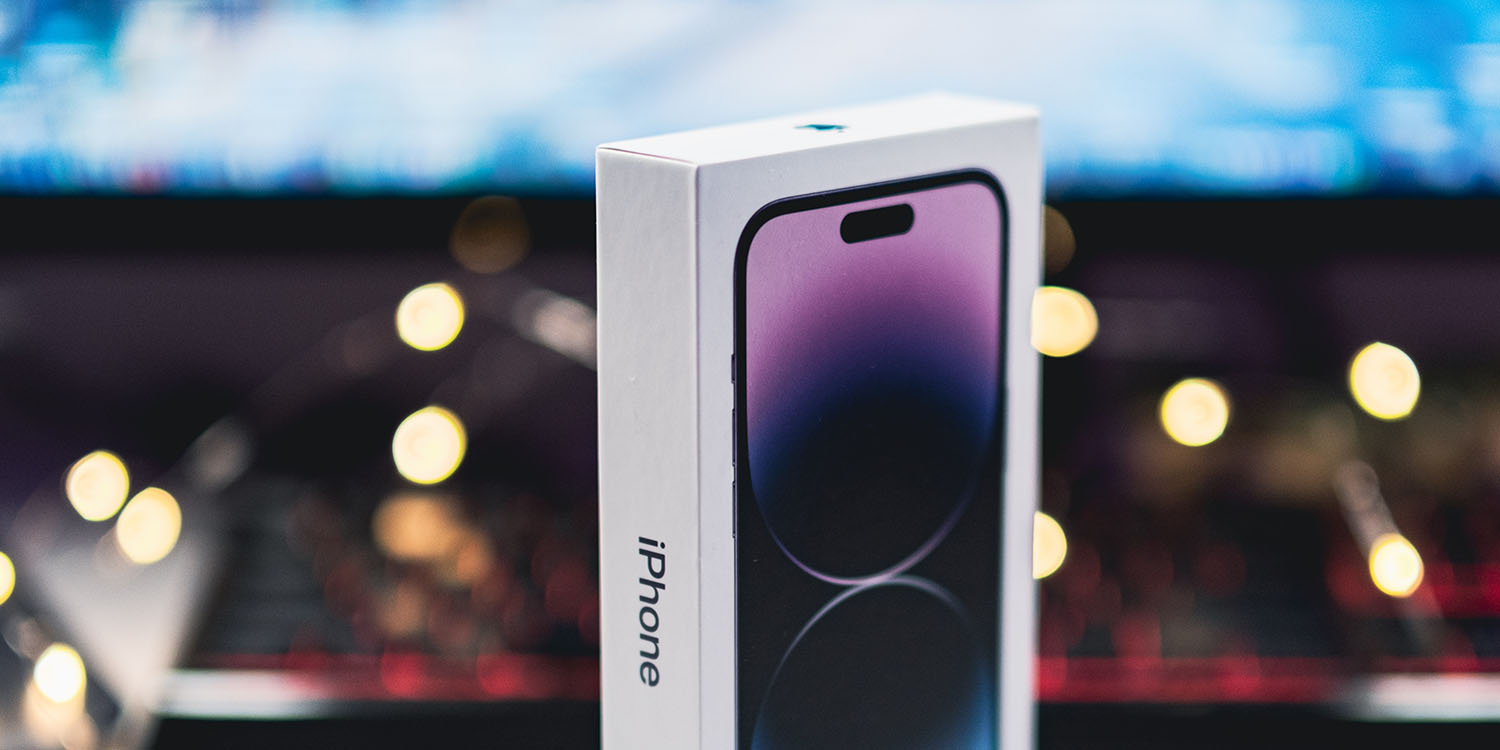
Strong sales of the iPhone 14 helped TSMC increase its third-quarter revenue by 48%, at a time when other chipmaking companies are suffering.
There have been fears that rising inflation and interest rates would dampen demand for the iPhone 14, but this appears not to be the case …
TSMC recently reported record September revenues, and a Bloomberg analysis looks at the likely total for the company’s fiscal quarter.
Taiwan Semiconductor Manufacturing Co. reported higher-than-expected quarterly revenue, signaling the chip giant is benefiting from market share gains to weather an industry slowdown.
Revenue at the world’s largest contract chipmaker rose 48% to about NT$613 billion ($19.4 billion) in the third quarter, according to Bloomberg’s calculations. Analysts estimated NT$603 billion on average.
While the chipmaker has a range of clients, Apple is responsible for the highest proportion of its revenue.
Concerns for chipmaking companies
The shortage of legacy chips like display drivers has constrained supply of a huge range of electronic devices, with knock-on effects for more advanced chips. If there aren’t enough power management chips, for example, to make as many iPhones as Apple would like, then that will constrain its orders for A15 and A16 chips.
Additionally, rapidly rising inflation and interest rates have led to fears that consumers would hesitate to spend money on the latest gadgets.
The paper reports that chipmakers Micron and Kioxia have cut output in response; Samsung’s chip division announced a fall in profits; and AMD missed its own guidance by a billion dollars.
iPhone 14 helped TSMC
But TSMC appears to have escaped the industrywide slowdown. The company itself reported that its fiscal third-quarter revenue was higher than expected, with analysts estimating NT$603B. Bloomberg’s own estimates are higher, at $NT613B (US$19.4B), representing 48% growth.
Strong demand for the iPhone 14 is the most likely explanation for TSMC to buck the industry trend.
Looking ahead, TSMC asked Apple for a price increase for the 3nm process expected to be used for the A17 chip destined for next year’s iPhone 15 Pro models, as well as M2 Macs. The Cupertino company reportedly resisted this increase, but later agreed.
The Taiwanese chipmaker may have competition from 2025, as Samsung aims to rapidly develop its own capabilities. Apple used to split A-series chip fabrication between the two companies up to the iPhone 6S, before TSMC pulled ahead sufficiently to win 100% of Apple’s orders from the iPhone 7 onwards.
Photo: Victor Serban/Unsplash
FTC: We use income earning auto affiliate links. More.




Comments